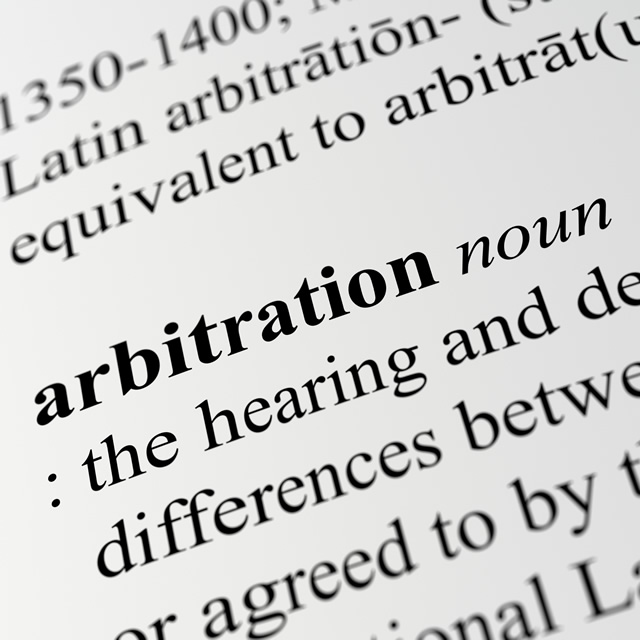What is Family Mediation?
Family mediation is where an independent, professionally trained mediator helps you and your ex to work out an agreement about issues such as:
If you go to court to sort out your issues, the judge will make the decisions and you may both feel unhappy with the result. In any event, a judge will expect you to have considered mediation before you apply to a court to hear your case and they can refuse to hear your case until you have done this.
Most people who start mediation will reach agreement without having to go to court.
Mediation can help you stay in control. No-one will make you do anything against your wishes. I will help you find a solution which works for you both and explain how you can make an agreement legally binding.
If you need to formally end a marriage or civil partnership, you will need to apply to the court to do this, but you will not usually have to attend a hearing.
Benefits of Mediation
The first meeting with a mediator is often called a Mediation Information & Assessment Meeting (MIAM). Whether it’s called a MIAM or a first meeting, it will cover the same things.
The first meeting with me gives you the chance to find out how mediation works. I am trained to work out with you whether mediation is right for you and your family. I will also discuss how many sessions you may need, how much they would cost.
I can also give you information about other services that provide help and support and the other options you might have to resolve things.
Can I get legal advice on whether the proposed agreement is fair for me?
Most people going through mediation find it helpful to have legal advice to support them. You can arrange this at any time and I may also recommend you do if you are talking about things that relate to a legal issue. I can give you information about local family solicitors and how to choose one.
Direct Consultations with Children
We offer Child Inclusive mediation as Helen Fitzsimons is a highly trained Resolution and Law Society Children Panel specialist who consults directly with children. This involves talking with a child or children as a result of issues raised in mediation regarding the children’s arrangements.
The government has suggested that children aged 10 and above (but in exceptional circumstances younger children may be seen) should generally have access to a mediator when questions about their future are being resolved in mediation.
During the course of mediation, it may be suggested by parents, or a child may ask to be involved in the mediation process. It is important that parents understand the views, needs and desires of their children and involving them in direct consultation may be the appropriate way forward. Children like to be informed and they appreciate having their views and options heard but not to be responsible for the overall decision.
Involving children in mediation can be very complex and a great deal of preparation may be needed before a mediator can speak to a child of the family. Different considerations may apply according the age and maturity of the child and in discussion with parents.
Direct consultation with a child means that the child is talking face to face with the mediator separately and in complete confidentiality from anyone else including their parents. In many instances, children wish some of their views to be fed back into the decision-making process and this will be facilitated with their permission.
The benefits of children being seen in the mediation process are:
- Arrangements for children after you break up (sometimes called custody, residence or contact)
- Child maintenance payments
- Finances (for example, what to do with your house, savings, pension, debts)
If you go to court to sort out your issues, the judge will make the decisions and you may both feel unhappy with the result. In any event, a judge will expect you to have considered mediation before you apply to a court to hear your case and they can refuse to hear your case until you have done this.
Most people who start mediation will reach agreement without having to go to court.
Mediation can help you stay in control. No-one will make you do anything against your wishes. I will help you find a solution which works for you both and explain how you can make an agreement legally binding.
If you need to formally end a marriage or civil partnership, you will need to apply to the court to do this, but you will not usually have to attend a hearing.
Benefits of Mediation
- It gives you more say about what happens;
- It is flexible as to the issues discussed and the people participating;
- It’s less stressful, with less conflict between you and the other participant(s);
- The agreements you make can be changed if your circumstances change;
- It can be less upsetting or damaging for any children involved – and helps them continue important family relationships;
- The children’s wishes and feelings can be obtained where appropriate with direct consultation
- It can be quicker and cheaper than long drawn-out court battles.
The first meeting with a mediator is often called a Mediation Information & Assessment Meeting (MIAM). Whether it’s called a MIAM or a first meeting, it will cover the same things.
The first meeting with me gives you the chance to find out how mediation works. I am trained to work out with you whether mediation is right for you and your family. I will also discuss how many sessions you may need, how much they would cost.
I can also give you information about other services that provide help and support and the other options you might have to resolve things.
Can I get legal advice on whether the proposed agreement is fair for me?
Most people going through mediation find it helpful to have legal advice to support them. You can arrange this at any time and I may also recommend you do if you are talking about things that relate to a legal issue. I can give you information about local family solicitors and how to choose one.
Direct Consultations with Children
We offer Child Inclusive mediation as Helen Fitzsimons is a highly trained Resolution and Law Society Children Panel specialist who consults directly with children. This involves talking with a child or children as a result of issues raised in mediation regarding the children’s arrangements.
The government has suggested that children aged 10 and above (but in exceptional circumstances younger children may be seen) should generally have access to a mediator when questions about their future are being resolved in mediation.
During the course of mediation, it may be suggested by parents, or a child may ask to be involved in the mediation process. It is important that parents understand the views, needs and desires of their children and involving them in direct consultation may be the appropriate way forward. Children like to be informed and they appreciate having their views and options heard but not to be responsible for the overall decision.
Involving children in mediation can be very complex and a great deal of preparation may be needed before a mediator can speak to a child of the family. Different considerations may apply according the age and maturity of the child and in discussion with parents.
Direct consultation with a child means that the child is talking face to face with the mediator separately and in complete confidentiality from anyone else including their parents. In many instances, children wish some of their views to be fed back into the decision-making process and this will be facilitated with their permission.
The benefits of children being seen in the mediation process are:
- The children can know their parents are seeking to reach agreement. It is stressful for children if they know their parents are in dispute and the Court are involved.
- The children can know that both parents support them giving their wishes and feelings to a nominated mediator. In the Court process the Judge may demand a CAFCASS officer speak to the children regarding their wishes and feelings. If one or both parents are unhappy about this the children may either feel reluctant to speak, reluctant to give their true wishes and feelings or may feel they have to present the wishes and feelings of a parent rather than their own.
- The children will be speaking to a mediator agreed by the parents. If the proceedings are before a Court then the Court will simply ask CAFCASS to report and you will not know and cannot have any input in to who the person is the children will be speaking to.
- In mediation there can be flexibility as to when, where and on how many occasions the children speak with the mediator (and whether siblings are seen together or separately). In the Court process CAFCASS is a Government agency with limited resources and it will be the CAFCASS officer who decides when, where and on how many occasions (usually only one short visit) they will see the children.
- In mediation the children decide what, if any, information is passed back to the parents. This gives the children greater confidence in saying how they really feel and what they really want. In the Court process the CAFCASS officer will report back what the children say and this may mean the children are reluctant to say anything or give their true wishes and feelings.






